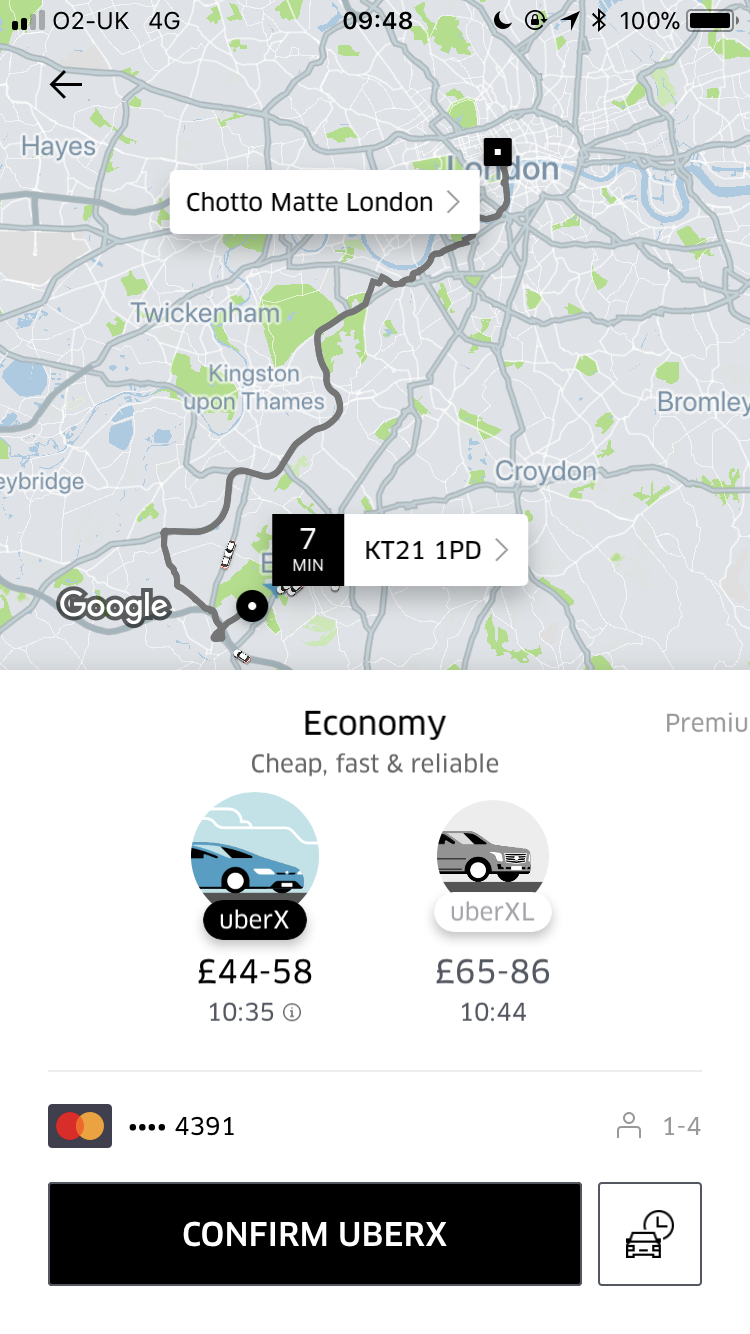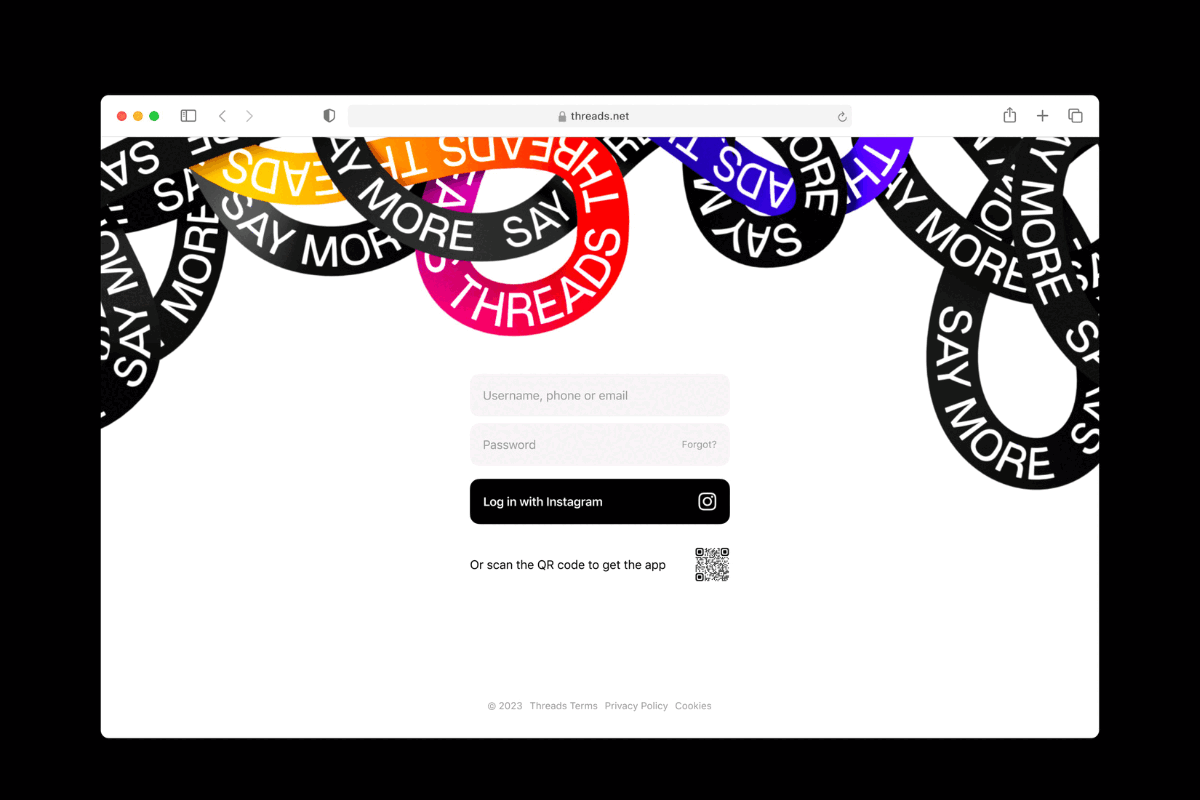Uber is a transport service, European Court of Justice rules
- Wednesday, December 20th, 2017
- Share this article:
 The European Court of Justice has ruled that Uber is officially a transport service, as opposed to an ‘information society service’.
The European Court of Justice has ruled that Uber is officially a transport service, as opposed to an ‘information society service’.
The ruling stems from an action brought in 2014 by a professional taxi drivers’ association in Barcelona, seeking a declaration from that court that Uber’s activities in Spain, amounted to misleading practices and acts of unfair competition. Uber had argued that it was an intermediation service, helping people to make contact with each other electronically.
In its ruling, the court stated:
“The Court takes the view, first of all, that the service provided by Uber is more than an intermediation service consisting of connecting, by means of a smartphone application, a nonprofessional driver using his or her own vehicle with a person who wishes to make an urban journey. Indeed, in this situation, the provider of that intermediation service simultaneously offers urban transport services, which it renders accessible, in particular, through software tools and whose general operation it organises for the benefit of persons who wish to accept that offer in order to make an urban journey.
“The Court notes in that regard that the application provided by Uber is indispensable for both the drivers and the persons who wish to make an urban journey. It also points out that Uber exercises decisive influence over the conditions under which the drivers provide their service. Therefore, the Court finds that that intermediation service must be regarded as forming an integral part of an overall service whose main component is a transport service and, accordingly, must be classified not as ‘an information society service’ but as ‘a service in the field of transport’.
“The Court states that, consequently, the directive on electronic commerce does not apply to that service, which is also excluded from the scope of the directive on services in the internal market. For the same reason, the service in question is covered not by the freedom to provide services in general but by the common transport policy.
While Uber argues that today’s ruling will have little impact on the way it operates, since it already follows local licensing laws in many European markets, it is likely to have implications for other companies operating in the so-called ‘gig economy’. If they can prove they are providing an ‘information society service’ they can avoid having to comply with national licensing laws. Today’s ruling suggests this might be more difficult than they previously thought.
















